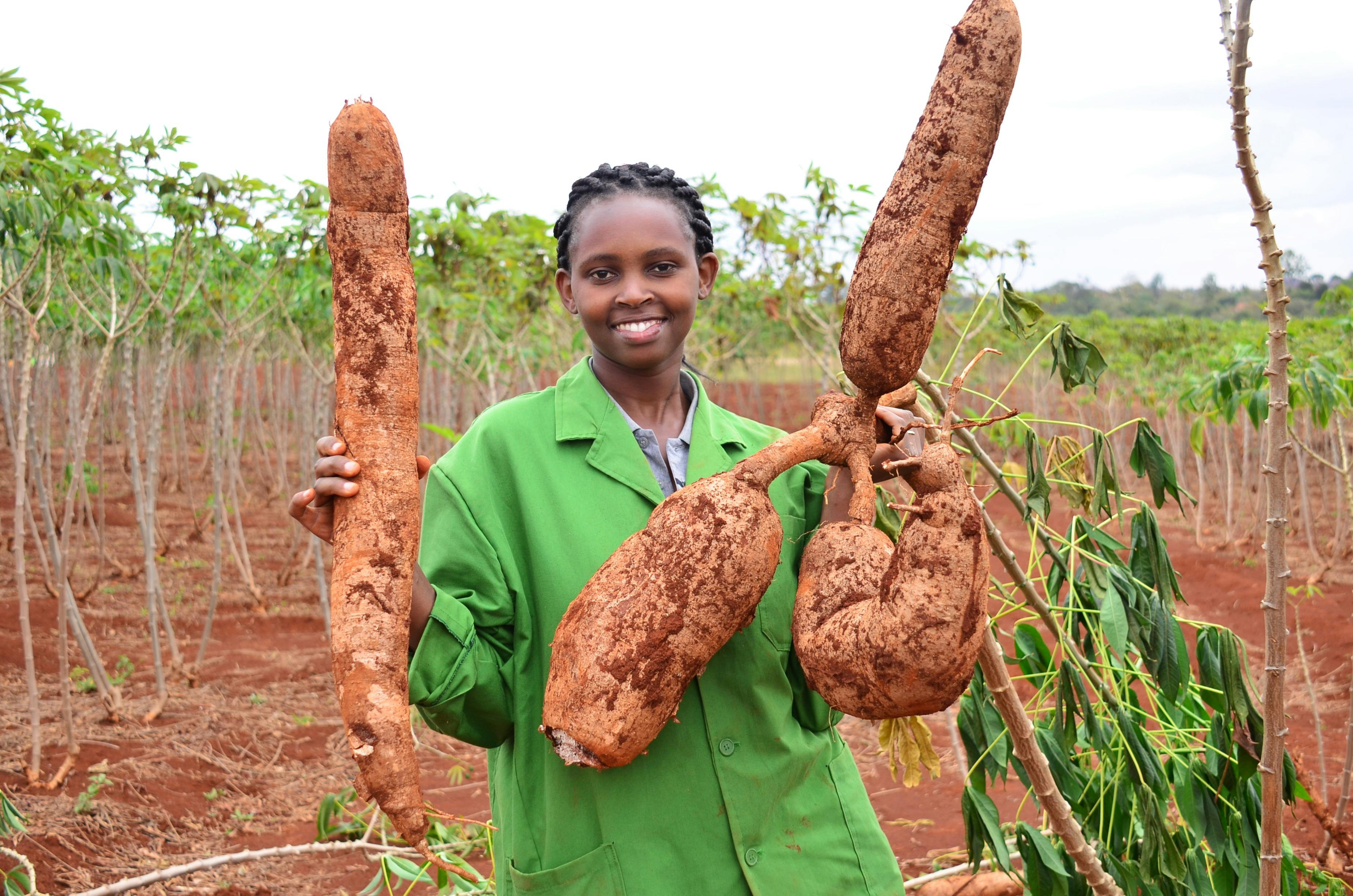Over the past 15 years working in the agricultural biotechnology space, and through engaging both professionals and the general public on safety of genetically modified organisms (GMOs), it has become increasingly clear that the long-standing global debate – including in Kenya – is driven more by perceived risk than by scientifically established risk.
Real or actual risk refers to measurable, scientifically verified threats. In the case of GMOs, decades of rigorous risk assessments have defined and minimized these risks. Kenya is adopting the technology at a time when much of the heavy lifting around safety has already been done by early adopters – it is now over 30 years since the first GM food product was approved in the U.S. Safety, from a scientific standpoint, is not in question.
What continues to challenge adoption is perceived risk – how people feel about GMOs, shaped by emotions, culture, religion, personal experience, and often misinformation. Public fears are rarely rooted in scientific evidence but rather in narratives encountered through informal sources like social media, some of which promote outright falsehoods. For the average citizen, distinguishing fact from fiction is understandably difficult, and as a scientist, I truly empathize.
Unlike real risk, perceived risk is complex and deeply personal. It does not yield easily to data or expert reassurance. Therefore, addressing scientific safety alone is not enough – we must also actively engage with perceptions. Without doing so, broader acceptance of the technology will remain elusive.
This phenomenon however is not unique to GMOs; it is common with all new technologies. However, demystifying biotechnology through relatable, real-world examples can help bridge the gap. For instance, giving a platform to Kenyan farmers already growing GMO crops to share their firsthand experiences is far more persuasive than technical explanations from scientists like myself. Lived experiences resonate – and they may be the key to shifting public perception!
Dr. Allan Liavoga is a food safety expert

